Backyard chicken coops are becoming more and more popular throughout the world. People are wanting to move away from unnatural products to a point where they are taking matters into their own hands. Like keeping backyard chickens for their fresh organic eggs, meat and organic garden fertilizer.
The Differences between Free Range, Penned Free-Ranged and Confined
If you are wanting to keep chickens but have limited space in your garden there is still a way to keep chickens. Quite a few chicken breeds do well in confined spaces and smaller gardens. Some actually prefer keeping closer to their home or do not move around much at all.
But as with most animals’ chickens do like to go for a nice roam around the garden or a penned in the chicken run.
Confined – This is when the chickens are confined to a mall coop and run. Rarely let out to wander around the garden. This is usually when a person has a very small garden space or there are just too many predators to allow them to roam free.
Penned free-ranging – This is when the chickens get to free range in a caged off run. It is a lot like their normal run (sometimes it is their normal run). But it is either fenced to a certain height, depending on the breed or completely covered. It can take up quite a bit of space but if you have the garden space then it is the best way especially in an urban garden.
Free-range – This is when the chickens get to escape the coop so to speak. They are allowed to range around the garden, homestead and farm. They basically have an all-access backyard pass to go exploring and looking for yummy critters.
This can be done in most garden sizes but is usually more normal for the larger ones to homestead/farm sized.
Benefits of Free Ranging
Free-ranging brings about quite a few benefits for both the garden and the chicken.
The chicken gets to wander around stretching their legs, explore and scratch in a different patch each day.
This way the garden does not get too destroyed by then just being in the run as chickens love to scratch.
The more they forage about the more pests they find, and they are more than happy to have these as part of their daily food intake. Thus, it cuts down on the cost of feeding them as most foragers will consume up to only half as much as those that don’t.
They get scrumptious critters to eat and you get a critter-free garden. They also are really good at digging up those pesky weeds. Some breeds even chase away rats and snakes!
Our Top 10 Free Ranging Chicken Breed Champs
Sussex

The beautiful Sussex chicken is a great docile and friendly bird. They were once the bird used for their meat and eggs in England. They are still very good meat and egg birds they are also very economical eaters. These chickens prefer to eat what they find out in the garden foraging for. They are such dear chickens that you will find them almost like puppy dogs. They are so curious to know what you are doing in the garden that they will follow you around.Read More
Welsummer
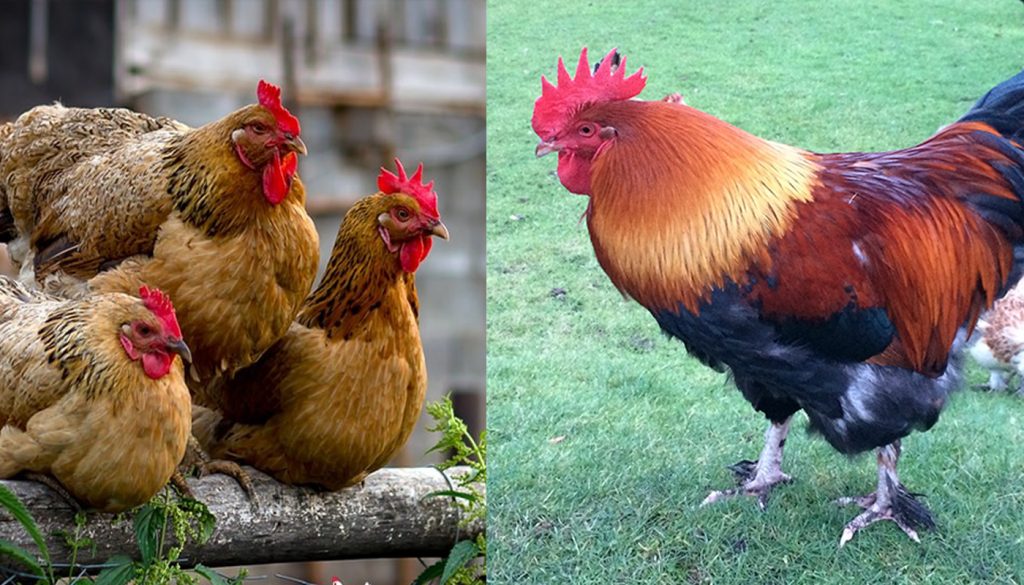
The Welsummer with its beautiful plumage can be a bit high strung. But if raised correctly they will be quite friendly and attentive. They are also very good foragers and much prefer being out and about during the day instead of cooped up in a coop. This breed is a good dual-purpose bird as well so if fed right will give a person lots of wonderful organic eggs and fertilizer.Read More
Egyptian Fayoumi
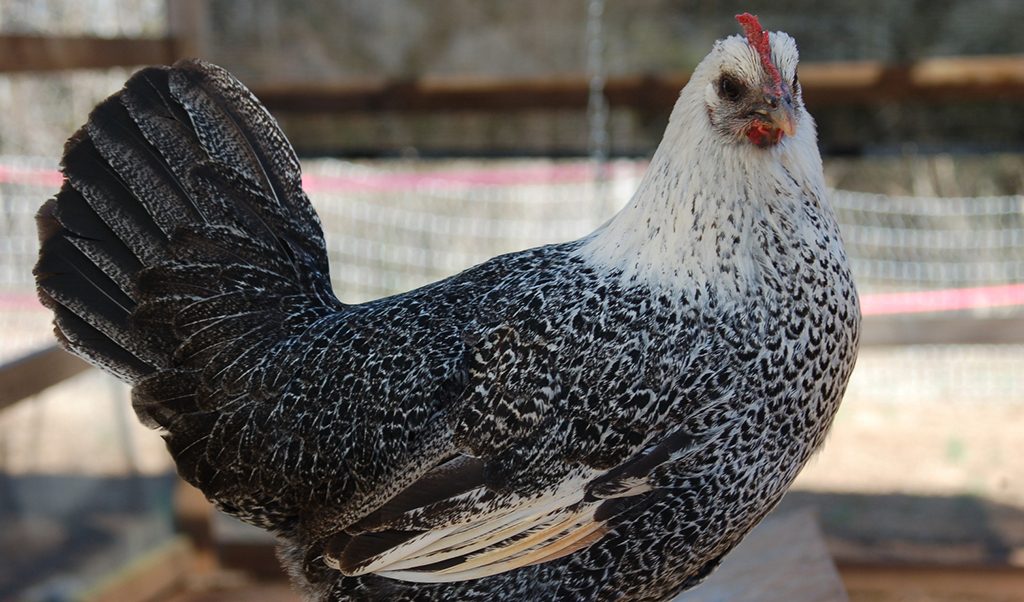
Although not that big of a breed in the States the Egyptian Fayoumi is an excellent breed for meat production producing first-class meat. It is not that good an egg layer, but you could still get a good few every week. These birds are known to mature earlier than most, and they are also exceptional foragers. They are quite cheeky little birds that are very active and need room to move off all their energy. They are free-range pro’s!
Buckeye

The Buckeye is a very hardy breed of chicken and can be a bit aggressive. They do not take to confinement at all and need to free-range. Even if it is penned as long as they have room to move these chickens are fine. They are also excellent foragers as with all other foragers they prefer to eat the fresh wares they find in the garden.Read More
Leghorn
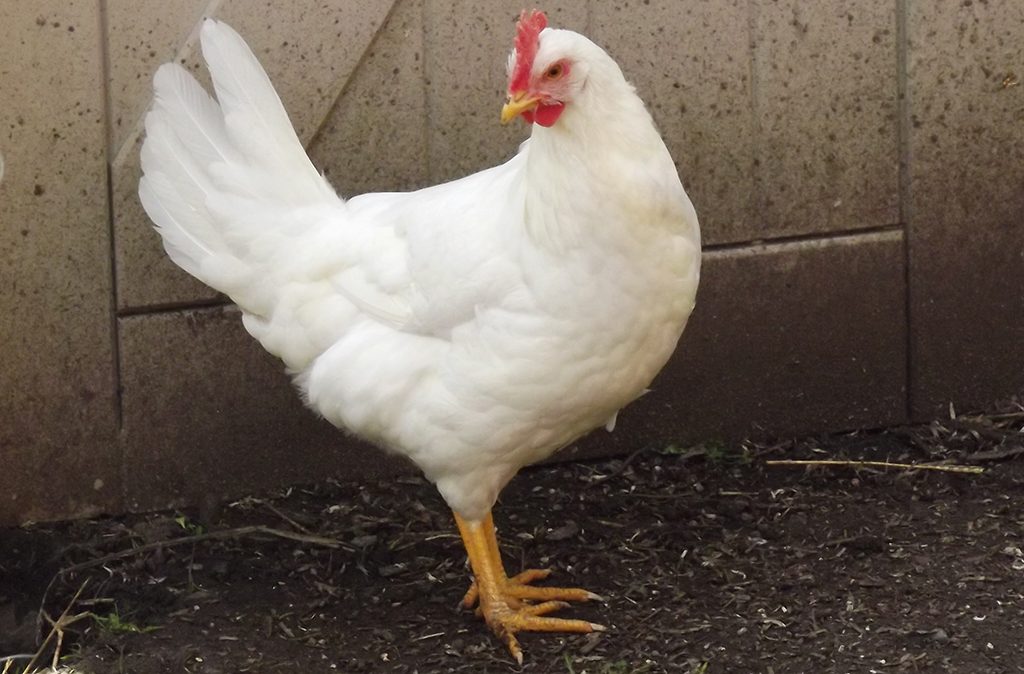
The Leghorn is a very popular breed for its egg-laying abilities, but it is not the friendliest of chicken breeds. They can be quite flighty and impatient they also do not take to confinement. They are champion foragers though and will free-range the entire day away. Returning home full of their day’s critter feast.Read More
Minorca

The Minorca is the biggest of the Mediterranean breeds of chicken. They are also the easier to handle and are friendlier than the rest of that class. They will tolerate confinement but may get a bit crabby doing so. They make top foragers and will free-range the entire day away happily pecking, scratching and eating bugs.Read More
Plymouth Rock

The Plymouth Rock is a breed that is a great all-rounder. They lay wonderful large eggs and are great free-rangers. They will scratch and forage all day without a problem as they do enjoy exploring the garden.Read More
Rhode Island Red
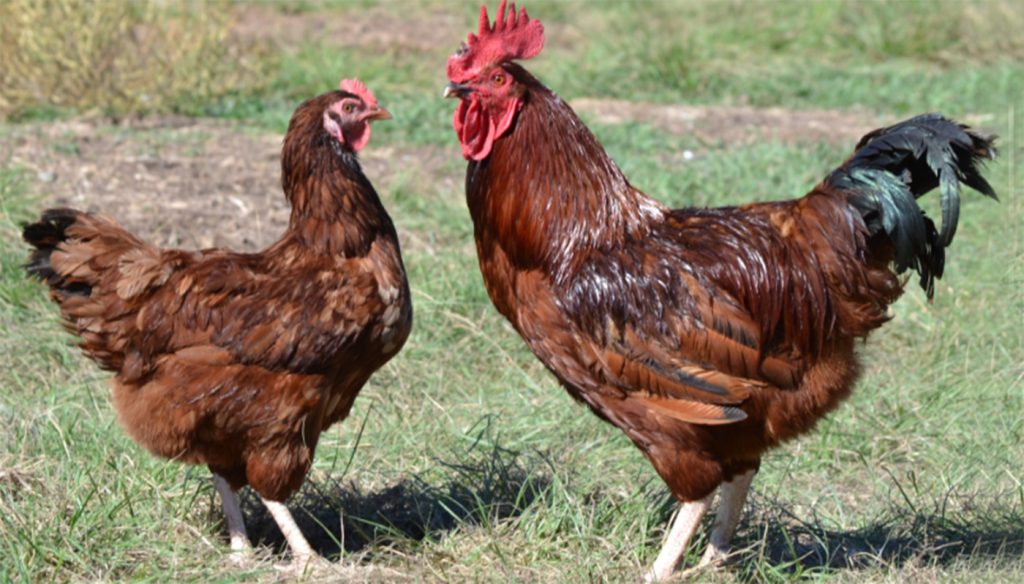
Rhode Island Reds are not only beautiful ladies with deep rich mahogany red plumes. They are also the national bird of Rhode Island. These gorgeous hens love to free-range and are quite easy to handle. They are also a great breed to have as a first-time chicken owner.
Read More
Wyandotte
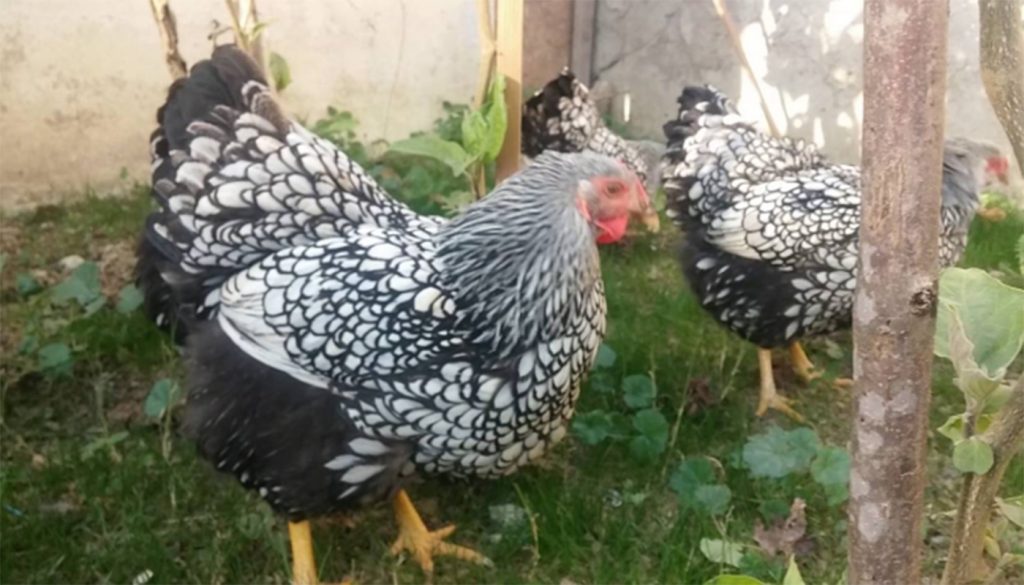
As the Wyandotte chicken may take to confinement but these chickens just love to be able to stretch their legs. They are happiest free-ranging about the garden and finding their own food. These friendly birds will do any flock proud and will give you lots of fresh eggs for your table. They are also another great bird for the first-time chicken owner in that they are low maintenance.Read More
Ancona
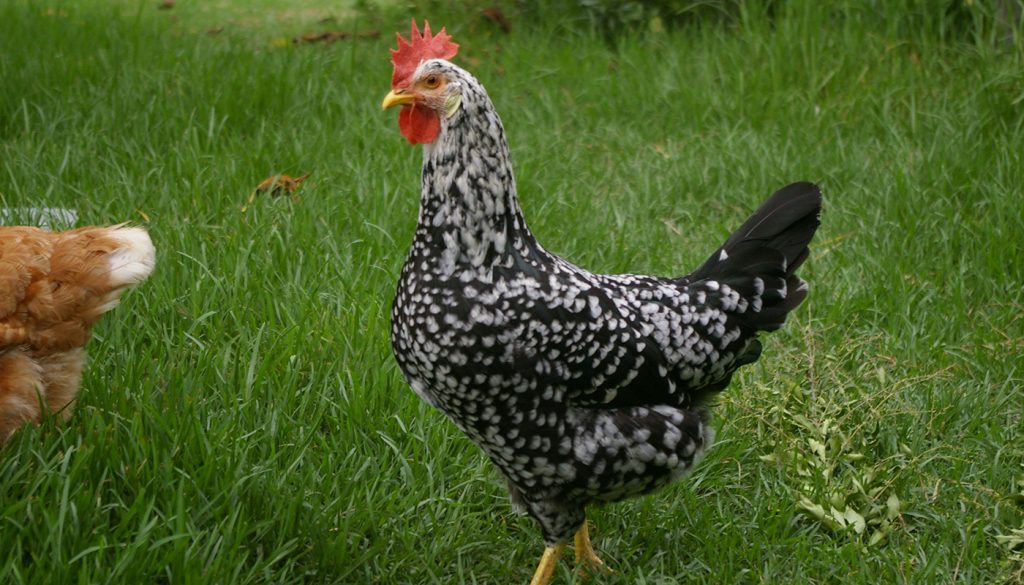
As the Ancona chicken is a Mediterranean breed with tight-knit feathers which make them heat hardy. They do well in the hotter climates and tend to need a little extra warmth in the winter months. This chicken breed is not too friendly but is low maintenance as they know how to take care of themselves as they go about free-ranging about.
Read More
 Plymouth Rock Chicken Breed – Everything You Need to Know
Plymouth Rock Chicken Breed – Everything You Need to Know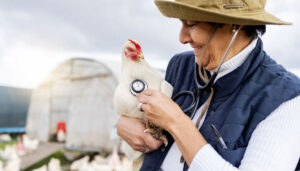 The Basics of Chicken Health: Understanding Common Ailments and Prevention Strategies
The Basics of Chicken Health: Understanding Common Ailments and Prevention Strategies 10 Beautiful Black and White Feathered Chicken Breeds
10 Beautiful Black and White Feathered Chicken Breeds Barnevelder Chicken Breed – Everything You Need to Know
Barnevelder Chicken Breed – Everything You Need to Know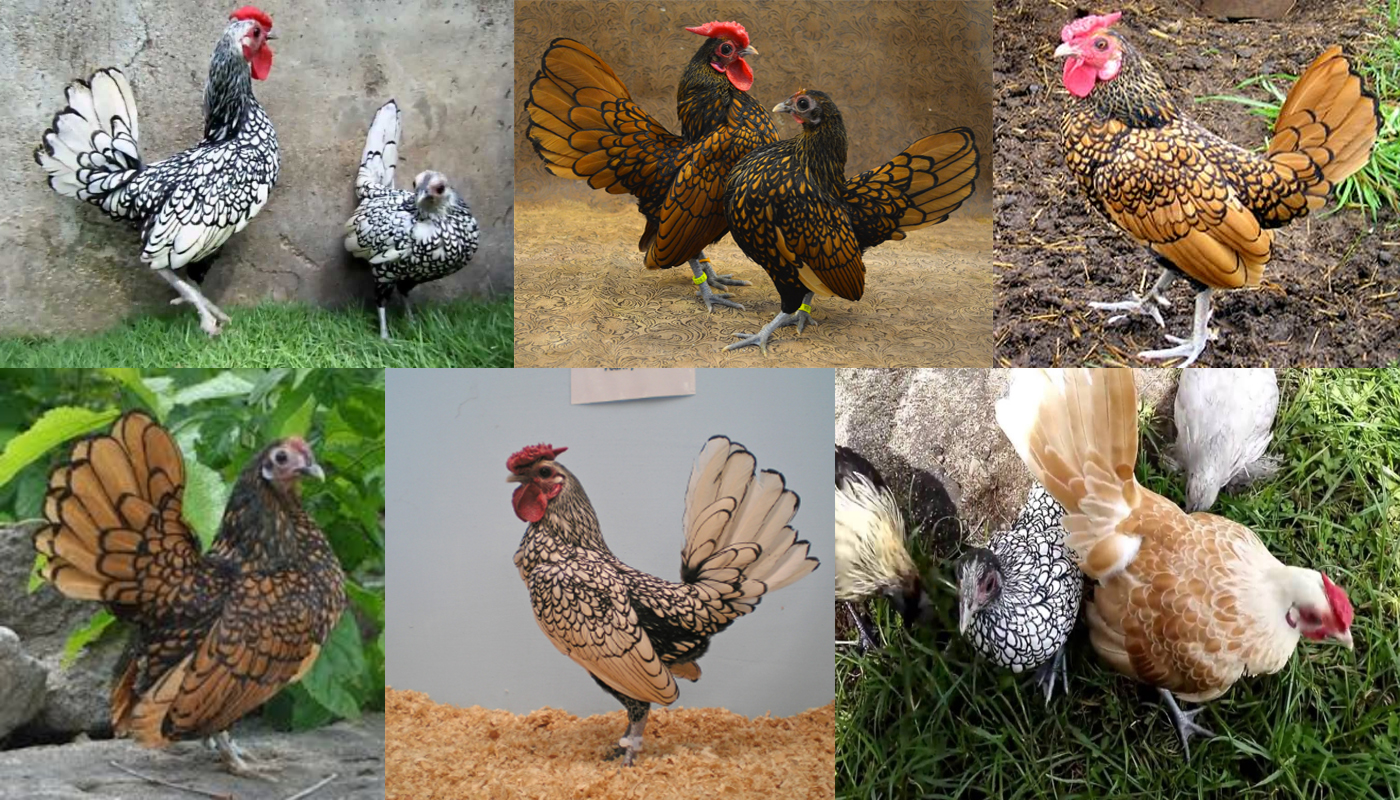 Sebright Chicken Breed – Everything You Need to Know
Sebright Chicken Breed – Everything You Need to Know CONDITIONS THAT AFFECT THE NERVOUS SYSTEM OF CHICKENS
CONDITIONS THAT AFFECT THE NERVOUS SYSTEM OF CHICKENS 10 Chicken Breeds for the Colder Climates
10 Chicken Breeds for the Colder Climates Dominique Chicken Breed – Everything You Need to Know
Dominique Chicken Breed – Everything You Need to Know Common Digestive Disorders in Chickens: Symptoms, Treatment, and Prevention
Common Digestive Disorders in Chickens: Symptoms, Treatment, and Prevention FACTS ABOUT HATCHING EGGS – HATCHING EGGS PART 4
FACTS ABOUT HATCHING EGGS – HATCHING EGGS PART 4 Taking Care of Your Chicken Flock
Taking Care of Your Chicken Flock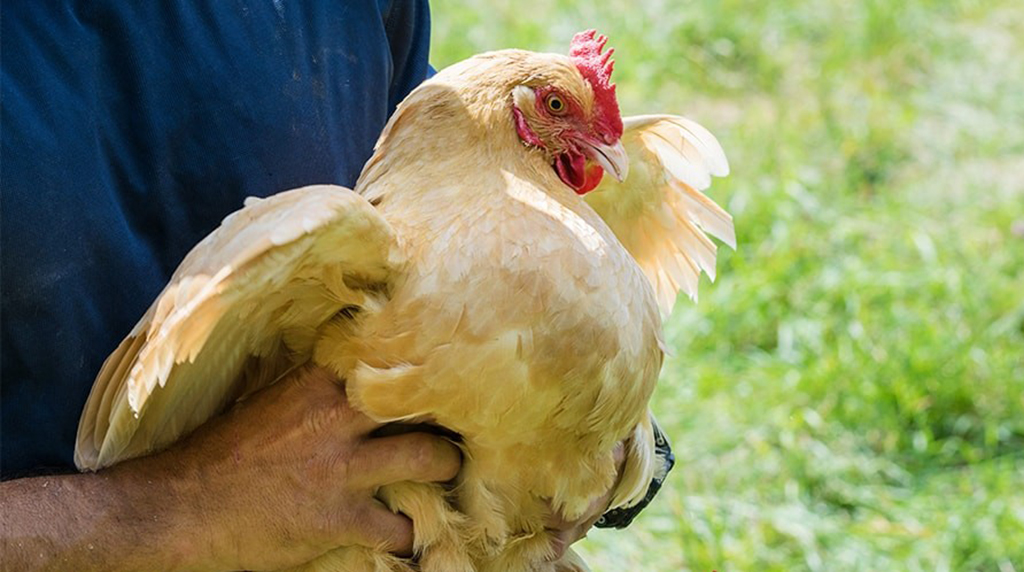 Why Deworming Chickens is Important?
Why Deworming Chickens is Important?
Brilliant article and very informative. I would like to know more about the free range chickens as I am planning to start my own business on it